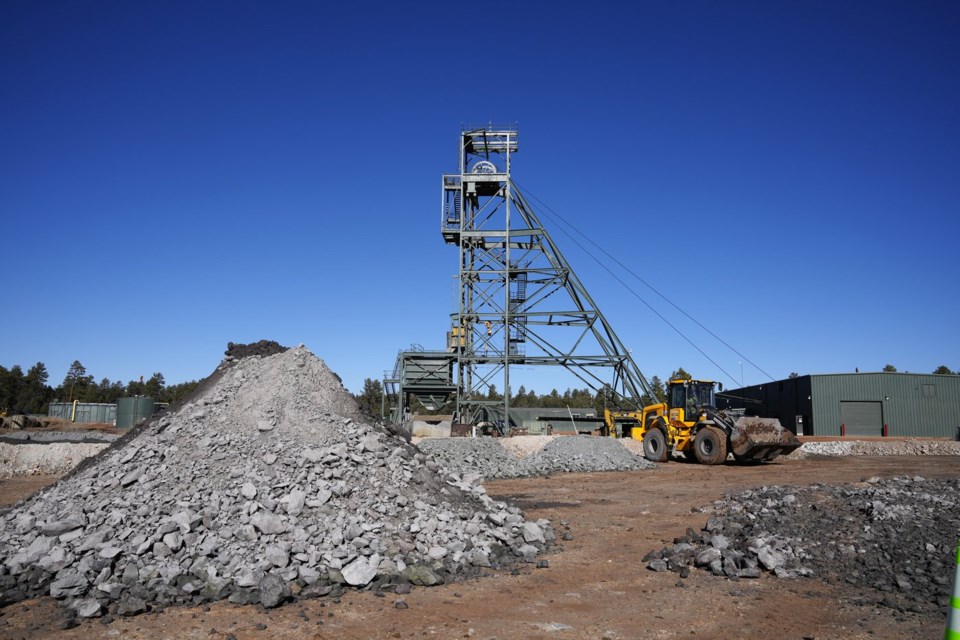HALIFAX — Private landowners in Nova Scotia whose properties were recently identified for potential uranium exploration can say no to work proceeding, says a provincial deputy minister.
However, Karen Gatien told reporters Tuesday that the government is sending letters to individual owners in three selected areas, saying the government hopes there will be conversations about possible exploration.
“They can absolutely say no,” said Gatien, who added that property owners retain surface rights to their land and are not compelled to allow exploration.
“Nobody is going to say to them: 'You must allow this mining company to begin operations on your land,'” she said.
Companies selected by the province would have to seek permission from landowners to explore, said Gatien. The province won’t get involved unless there’s an impasse in negotiations, she added.
“The only time we would get involved is if there was a stalemate."
Although Section 26 of the province’s Mineral Resources Act allows the natural resources minister to intervene in such cases, Gatien told reporters the province wouldn’t have the final word on whether exploration should proceed.
Earlier this month, the provincial government added uranium to its list of priority critical minerals and it issued a request for exploration proposals for three sites with known deposits of the heavy metal.
Interested companies have until June 11 to submit proposals.
Each of the three sites is on private land.
The locations are: an 80-hectare site in Louisville in Pictou County; a 64-hectare site in East Dalhousie in Annapolis County; and a 2,300-hectare site in Millet Brook in Hants County.
Ward Blatch, who owns a 40-hectare property in Hants County that could be explored, said Wednesday he’s yet to receive any correspondence from the province.
“Other than what reporters have told me, I know nothing,” Blatch said in an interview. “I don’t know what my rights are … I really have no information from anybody.”
The Natural Resources Department has confirmed letters have been sent to 85 property owners in three municipalities. The letters include information about landowner rights and contacts for those seeking further information.
Karen McKendry, a wilderness outreach co-ordinator with the Halifax-based Ecology Action Centre, said she attended a meeting Tuesday night in East Dalhousie with more than 100 concerned community members.
“They were asking about their landholder rights and people said that no one had received a letter,” said McKendry.
She said she was skeptical about Gatien’s assertions, citing a case earlier this year when an Australian company was allowed to explore for lithium deposits without the permission of landowners in southwestern Nova Scotia.
“The (government) would make the case that they don’t use that (Section 26) very often, but the minister just used it recently for lithium exploration,” she said.
Meeting organizer Colby Sawler said the general consensus at the meeting was that residents don’t want uranium exploration in the area.
When asked about Gatien’s assurances that landowners would not be forced to accept exploration, Sawler also brought up the recent lithium exploration example.
“They did use legislation to override the land use by that property owner,” he said. “With how this government is ... moving quickly it’s pretty hard to trust that they would keep their word on that.”
Legislation passed in March lifted a full ban on uranium exploration and mining that had been put in place in 2009, although there had been a moratorium on such activities since 1981.
Premier Tim Houston has said the legislative changes were needed to help the province withstand economic challenges from American tariffs.
This report by The Canadian Press was first published May 28, 2025.
Keith Doucette, The Canadian Press



